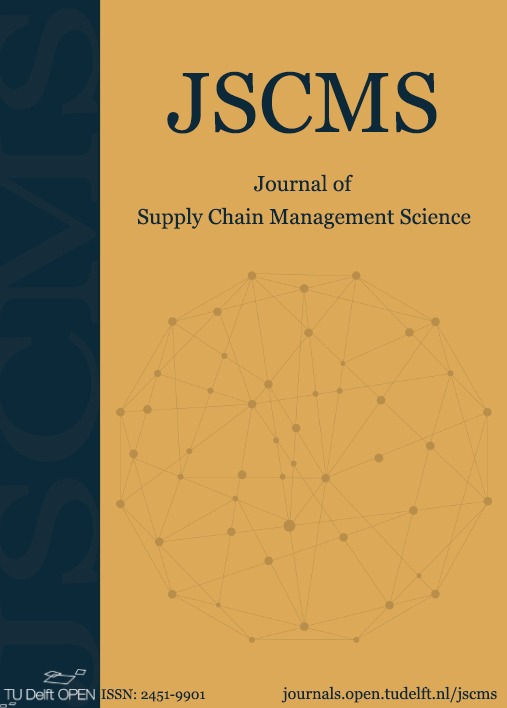Strategic decision-making in process optimization of healthcare technology manufacturing
DOI:
https://doi.org/10.59490/jscms.2024.7291Keywords:
Healthcare technology, Supply chain performance, Multi-criteria decision making, Best Worst Method, ELECTRE IIIAbstract
The dynamic nature of the healthcare technology industry necessitates constant improvement and optimization of supply chain processes to maintain competitiveness. Manufacturing unit processes, as critical components of the supply chain, directly influence production efficiency, lead times, and overall supply chain performance. Therefore, a strategic focus on optimizing these processes can significantly enhance the responsiveness and cost-effectiveness of the entire supply chain. However, for large enterprises, determining the unit where optimization will be implemented is intricate, considering the multifaceted nature of the decision-making process. The complexity arises from the presence of diverse criteria, each assigned varying importance levels, along with multiple alternative stages to consider. This paper introduces a decision-making framework tailored for such complexities, employing a synergistic blend of two multi-criteria decision-making methods: Best Worst Method (BWM) and ELECTRE III. The application of the proposed framework is demonstrated through a practical case study involving a prominent healthcare technology company, Philips. First, six experts are carefully selected and interviewed to provide a set of criteria with their respective importance weights. Then, using this information, eight alternative processes within the manufacturing unit are ranked using ELECTRE III. The analysis results reveal that process complexity is the top priority for decision-makers when deciding which manufacturing units require optimization first. The findings delve into the intricacies of optimizing production processes in large health technology companies and offer practical solutions and further recommendations.
Downloads
Published
How to Cite
Issue
Section
License
Copyright (c) 2024 Journal of Supply Chain Management Science

This work is licensed under a Creative Commons Attribution 4.0 International License.
JSCMS is licensed under a Creative Commons Attribution 4.0 International (CC BY 4.0) licence. The license means that anyone is free to share (to copy, distribute, and transmit the work), to remix (to adapt the work) under the following conditions:
- The original authors must be given credit
- For any reuse or distribution, it must be made clear to others what the license terms of this work are
- Any of these conditions can be waived if the copyright holders give permission
- Nothing in this license impairs or restricts the author's moral rights


